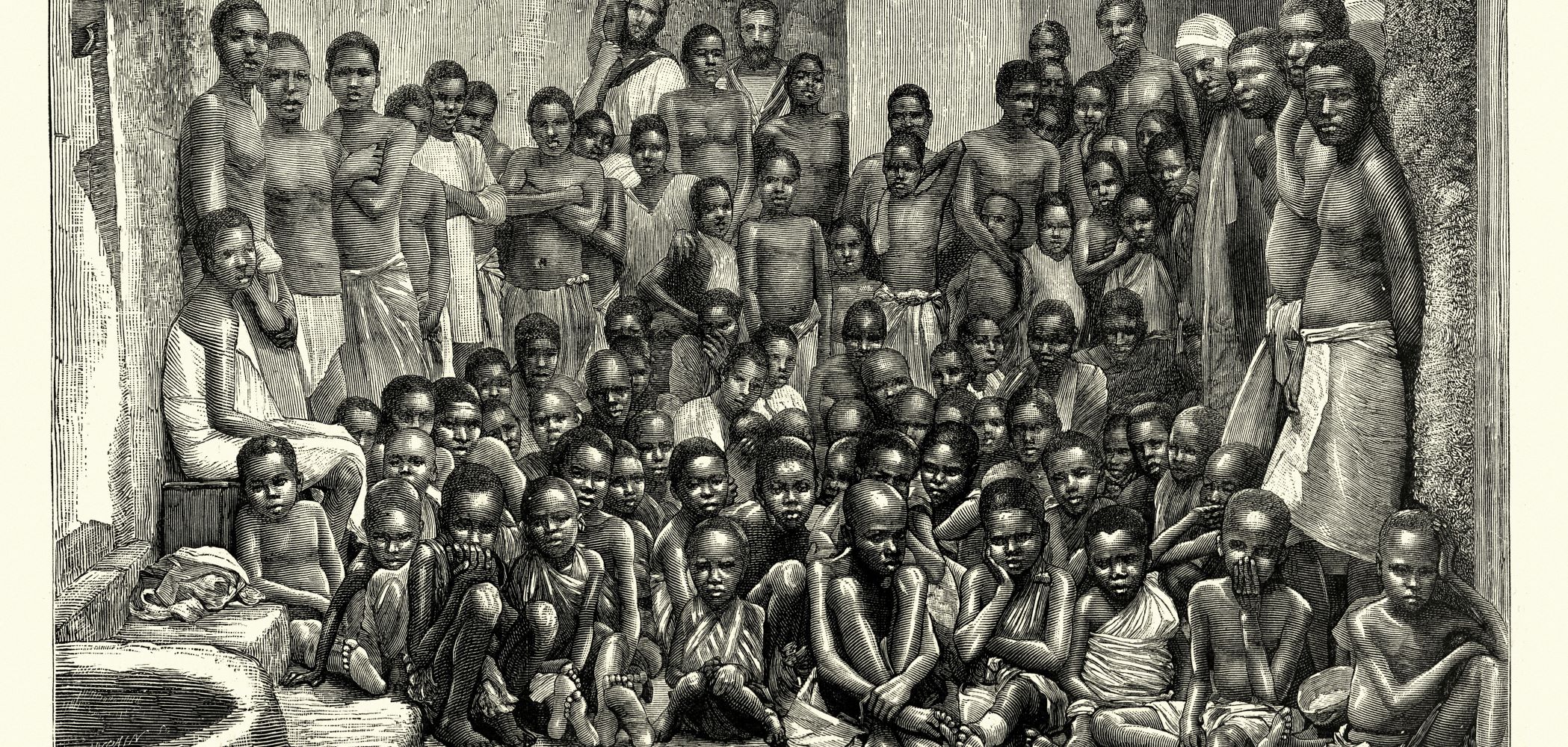Stamp out racism
Far from being a thing of the past, racism is still very much embedded in all our social structures – from the criminal justice system to the workplace and more.
Trade unions have a long history of fighting racism and discrimination — Unite delegate Susan Matthews called on more action to be take as she spoke in support of motion 37 on the last day of the TUC conference (September 13), which dealt with organising against racism in the workplace.
Matthews, who is also a Unite executive representative for BAEM members, told Congress of one of her heroes in the anti-racist movement.
“As a Jamaican we grow up learning about our national heroes and heroines,” she said.  “One of my key heroes was Marcus Garvey for his knowledge and foreseen wisdom.”
Quoting Garvey, she said, “History teaches us no race, no people, no nation has ever been freed through cowardice, through cringing, through bowing and scraping, but all that has been achieved…was through sheer determination and effort”.
Matthews highlighted how racism has increased across the board in recent years, which, she says, has been “boosted post-Brexit and by the hateful language used by the US President to describe human beings”, as well as events such as in Charlottesville.
Although Matthews said she believed racist views can spring from a lack of education and understanding, she said it also comes from the economic and political environment in which we operate.
“Our culture and the recent changes in climate mean we have been making steps backwards,” she said.
“I am therefore encouraging all not to sit by, not to stand by, when you see others being discriminated against because of the colour of their skin,” Matthews added.
“I encourage you all let’s take action so we stamp out racism.”
Effectively fighting racism in the workplace, Matthews said, means having proper procedures in place that address and report racially abusive incidents.
“Employers also have a responsibility to make all their employees aware of their zero tolerance policies against any form of discrimination,” she added.
Steps that trade unions can take to fight racism include promoting equality reps in the workplace, campaigning for statutory rights for equality reps, a policy that’s in the Labour manifesto, and carrying out comprehensive equality impact assessments.
Matthews herself was involved in an equality impact assessment at her workplace, and she said it helped uncover that there was a much higher percentage of BAEM staff on lower pay grades.
“BAEM staff experience racism in the workplace – both directly in racist abuse and in fewer gaining promotion and accessing training and other opportunities,” she explained, as she urged Congress to support the motion.
The motion was passed.
 Like
Like Follow
Follow


